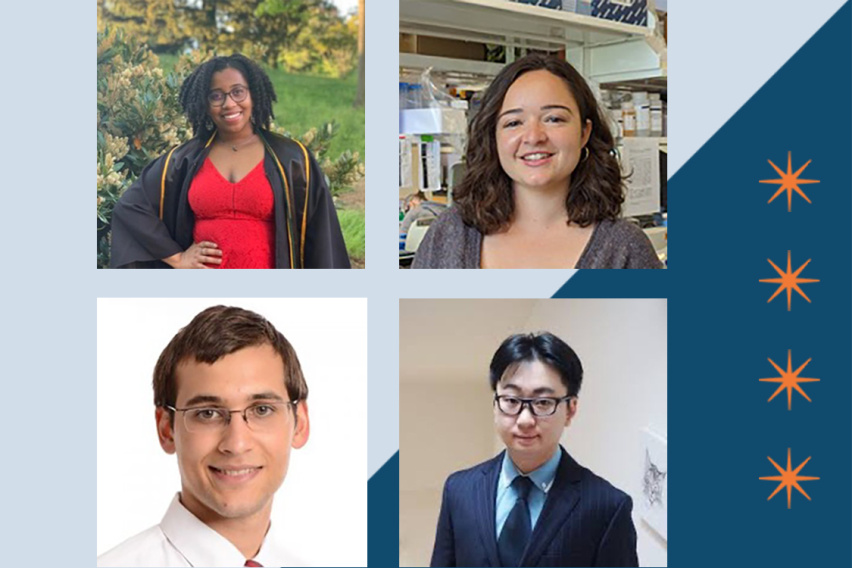Harvard-MIT Health Sciences and Technology
July 11, 2024
Carmen Martin Alonso, 2024 HST graduate, has been awarded a provisional patent for her liquid biopsy priming agents developed in the labs of Sangeeta Bhatia, Chris Love, and the Broad Institute's Viktor Adalsteinsson. Alonso’s priming agents make it easier to detect circulating tumor DNA in blood samples, which could enable earlier cancer diagnosis and help guide treatment.
